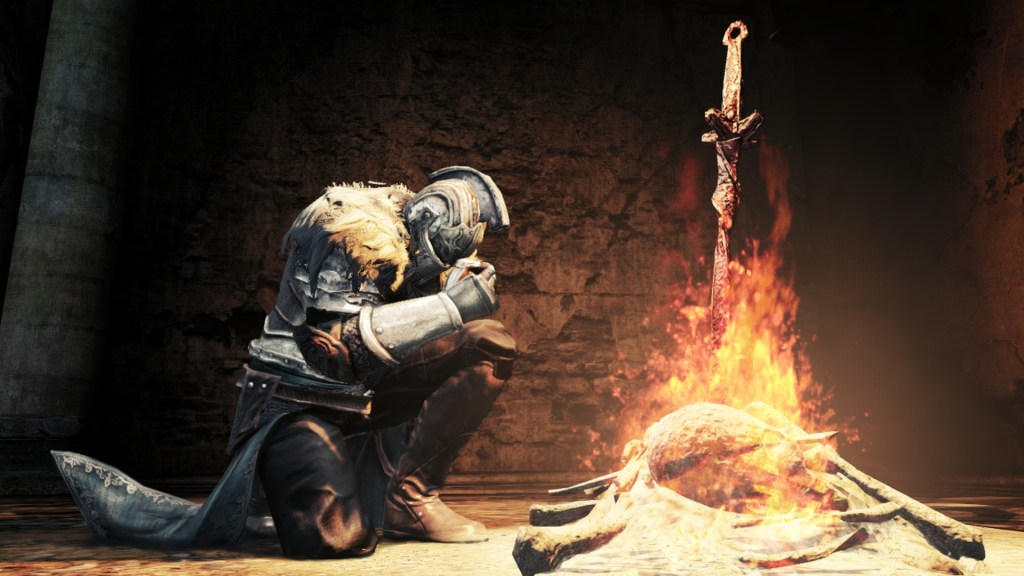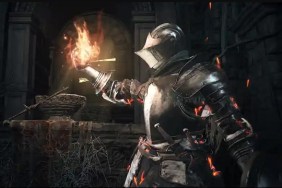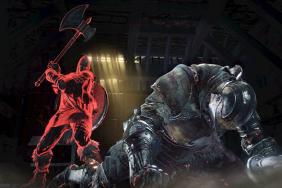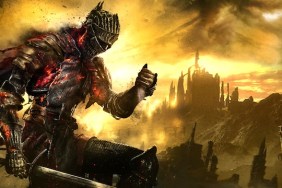One cursory glance at Bandai Namco Entertainment's lineup of games releasing this year, and it would seem like a mishmash of disparate franchises that have nothing to do with each other. Pac-Man, plus the Souls series, plus racing simulators, plus anime-licensed games? What the hell is going on with this lineup?
It's a combination of properties that should give any publisher a headache. I mean, diversification is one thing, but on paper, these niche titles wouldn't seem to sustain any publisher for as long as it has for Bandai Namco. That the company is by and large a Japanese publisher, in an industry where console gaming is no longer a primary focus in Japan, makes Bandai Namco's resilience only more impressive.
What Bandai Namco understands arguably more than any of its competitors is the strength of the hardcore communities supporting each of its franchises. Pac-Man, which is admittedly quite casual but has a particularly dedicated following, needs no introduction and is one of only a handful of icons who has survived through the days past the arcade. Bandai Namco knows how to bank on this recognizable series, now celebrating its 30th anniversary, with Bud Light commercials, the Pac-Man-inspired Chicago bar 257, and the upcoming movie Pixels. The new Pac-Man titles in the form of Battle Royale arcade cabinets and Championship Editions downloadables are no slouch either. And the Pac-Man community has supported them ever since.
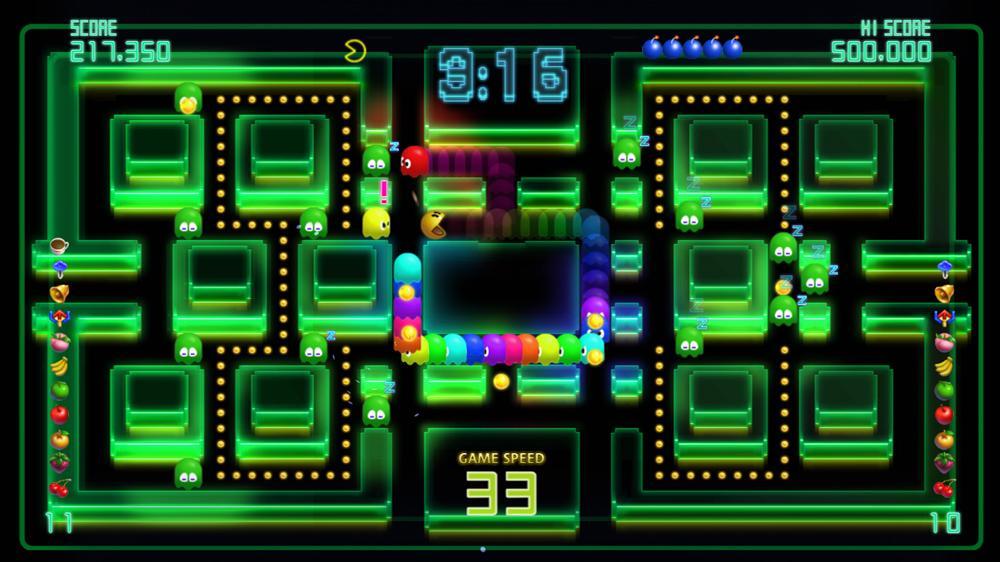
Then comes the bevy of video game franchises based on anime properties mainly from Shonen Jump. Say what you will about what seems to be the umpteenth Naruto, Dragon Ball, and One Piece brawler or hack-'n'-slash game. Though they are typically panned across the board of critics for being mediocre annualized franchises, they deliver when it comes to that its fans want, so much so that the video games have lived far past the source material.
Some people fear that Naruto will fade into the distance now that the manga is technically over, but if Dragon Ball is any indication (and Naruto has a lot of staying power), this is hardly the end of Naruto video games as we know it. Believe it. Bandai Namco has carved out a sustainable monopoly on anime video games, and with the publisher's burgeoning participation in video game conventions across Latin America (where anime is a lucrative market), it shows no sign of stopping for this console generation. Dragon Ball Xenoverse has already raked in over 2 million copies alone. So long as Bandai Namco is tied to popular Japanese anime, it will continue to have a strong base that it can rely on.
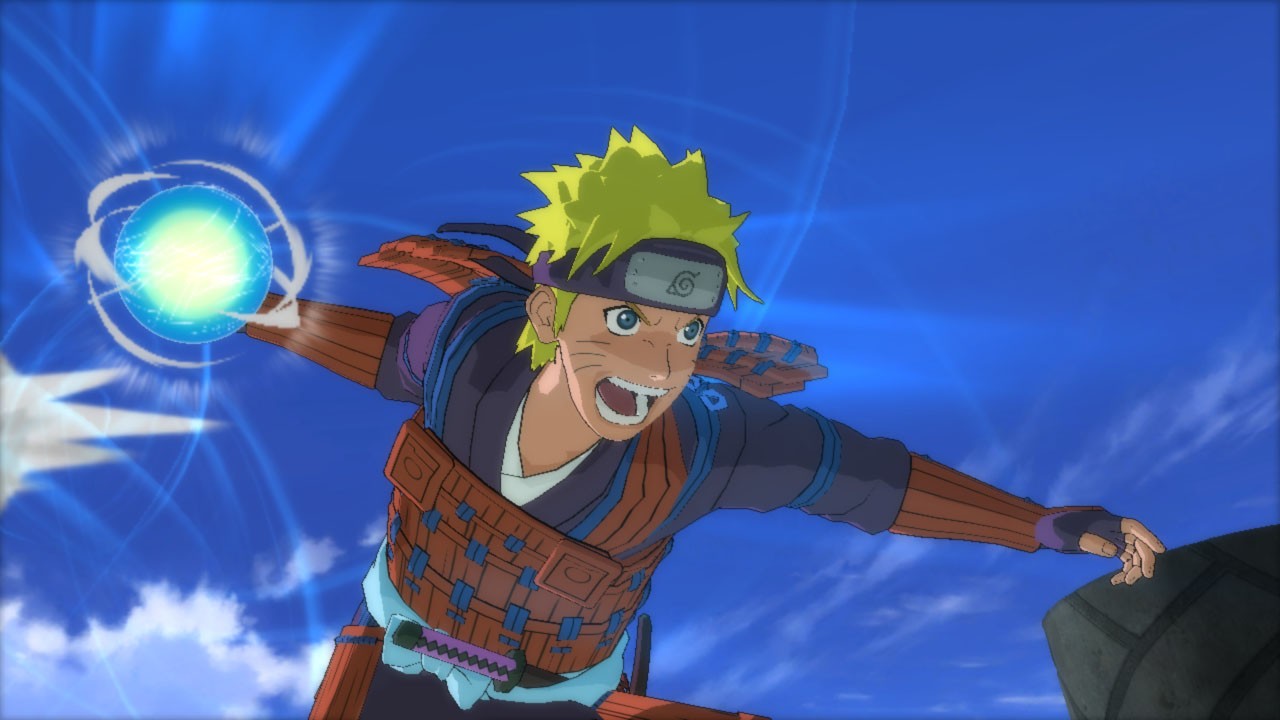
Bandai Namco is also banking on numerous racing simulators, more than merely a single franchise. Where most other publishers would reach for more general arcade racers, Bandai Namco targets the more hardcore crowd who want realistic driving mechanics. We have Project CARS, a crowdfunded simulation racer that has almost everything it takes to compete with the likes of Gran Turismo and Forza Motorsport. Following its release on May 6, Codemasters' upcoming F1 2015 then follows in June, with the franchise finally taking advantage of the power of new-gen consoles.
Last but not least is Sebastian Loeb's Rally Evo, a new IP featuring the world-class French racer of the same name in a rally racing title. Though it's still in early development and it's rather rough around the corners from what I've played in the demo, Bandai Namco is doubling down on its investment in the genre, catching international racing fans who can't wait for first-party simulation titles.
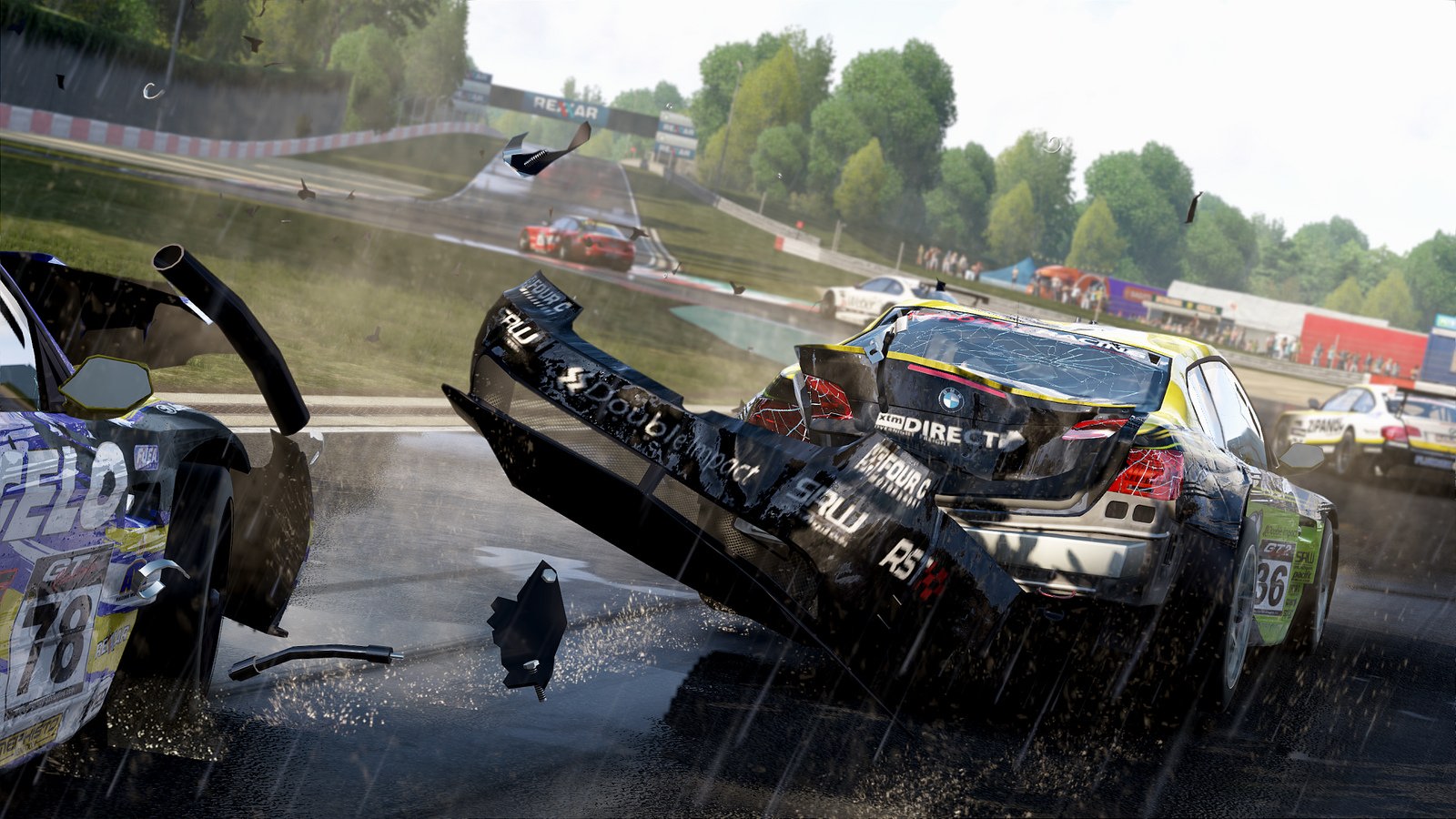
Then of course there's the Souls series whose popularity has pushed it beyond the "niche" barrier (which FromSoftware's Bloodborne has done as our own Jonathan Leack suggested). The lastest figures have Dark Souls II selling over 2.5 million copies, which is stupendous given that the series began as a strange but arduously difficult Japanese title with a small hardcore following.
Now, both critics and gamers agree that the Souls series is among the most outstanding franchises on the market and that FromSoftware is one of the pivotal developers that have brought difficulty back into the modern gaming. Under Bandai Namco's wing (Demon's Souls was published by Bandai Namco in EU territories), the Souls community has grown to the point that FromSoftware can bank on its hardcore following and can pretty much do no wrong.
Even though its catalogue isn't comprised of triple-A franchises, Bandai Namco is consistent and has shown financial growth in the past few years, with its stock price growing about 250% since April 2012. While other Japanese developers have declined with the waning Japanese console market over the last decade, Bandai Namco's commitment to niche genres and hardcore followings has carried it carefully through a tumultuous console generation, and its equal commitment to Latin American territories has grown its anime and racing fanbase. Bandai Namco remains one of the few counter-examples of a Japanese video game publisher that is not only weathering the storm, but excelling in spite of it.
